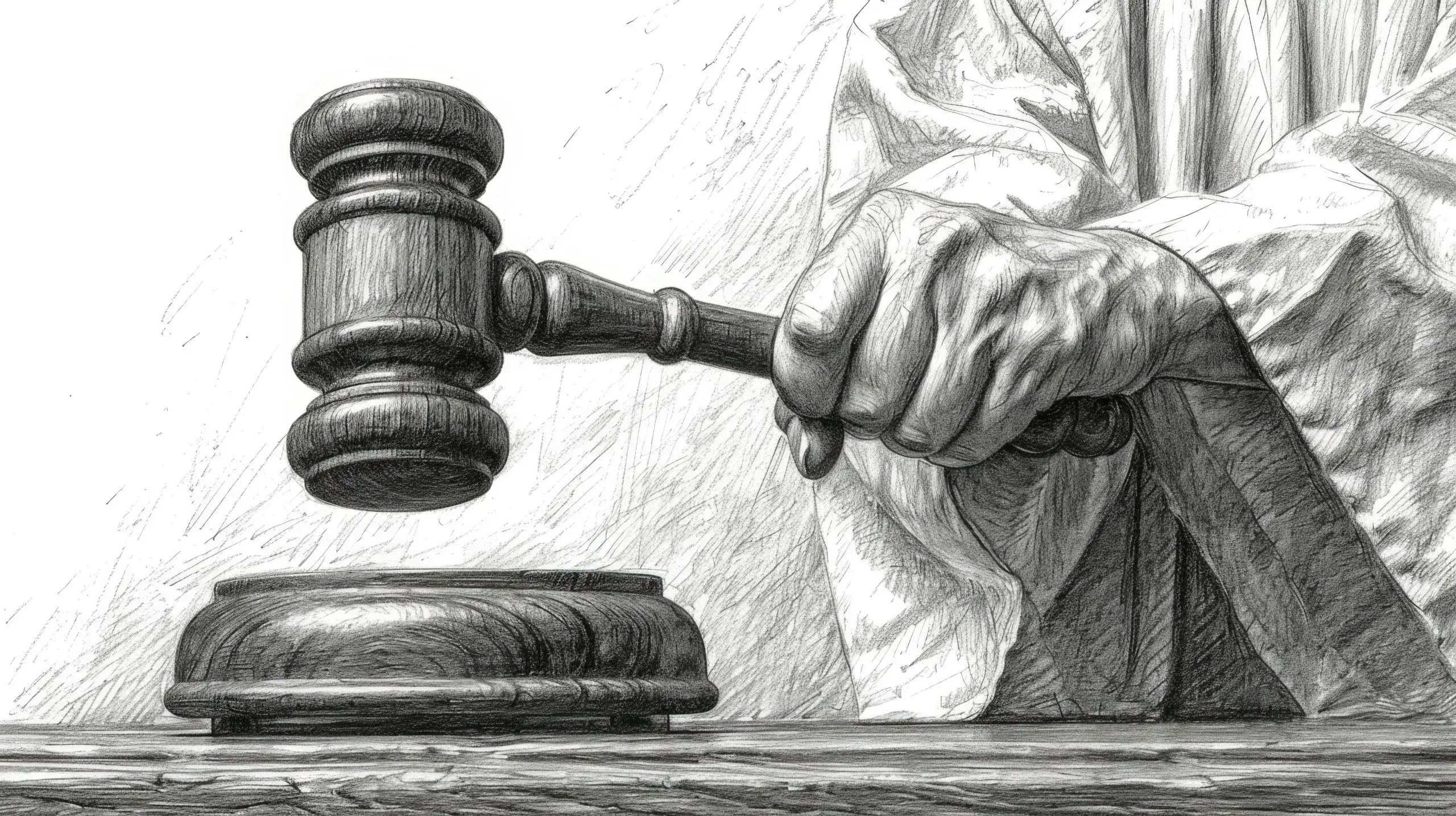New Jersey History
Explore the Legacy That Shaped Justice and Governance in the Garden State
From the evolution of the state’s constitutions to the stories of influential justices and landmark appointments, delve into the foundational pillars that continue to shape New Jersey’s legal and political landscape.

Did You Know?
Constitutions
New Jersey adopted its first state constitution just four days after declaring independence from Britain in 1776.
Appointments
Arthur T. Vanderbilt secretly co-authored The Boss, a book designed to destroy the public image of Mayor Frank Hague, his greatest political rival.
Justices
The current NJ court rule system originated from a single legal dispute: Winberry v. Salisbury (1950).
Appointments
Frank Hague Jr. was nominated to New Jersey’s highest court despite never finishing law school.
Appointments
Frank Hague Jr. was nominated to New Jersey’s highest court despite never finishing law school.
Constitutions
NJ’s 1947 Constitution completely abolished 17 separate courts — creating one unified judicial system.
Leaders Who Shaped the State
From colonial appointments to modern-day elections, the governors of New Jersey have played a pivotal role in shaping state policy, legal reform, and national influence. Trace the political legacy of each administration and how their leadership helped define the Garden State.
Explore NJ GovernorsMeet the Minds Behind the Bench
Discover the biographies and judicial legacies of New Jersey’s most influential justices. From trailblazers like Chief Justice Arthur T. Vanderbilt to modern leaders of jurisprudence, this section honors those who’ve defined the state’s legal direction.
Explore JusticesImages That Tell New Jersey’s Story
Photographs, documents, and artifacts offer a vivid look at the people and moments that shaped New Jersey’s legal history. Explore our curated visual archive.
Explore GalleryDiscover the foundational documents that shaped New Jersey's legal and political identity.
New Jersey has had three state constitutions: in 1776, 1844, and 1947. Each reflects pivotal shifts in law, civil rights, and governance. Understand how these living documents continue to shape the state’s institutions and democratic values.
Explore ConstitutionsNever Miss a Legal Update
Subscribe to receive curated content, article alerts, and important updates on NJ’s legal system—delivered straight to your inbox.

